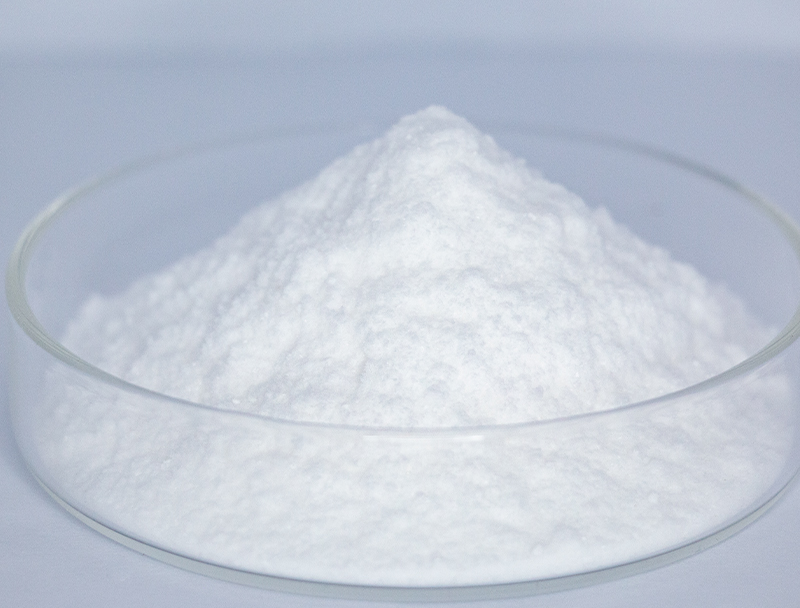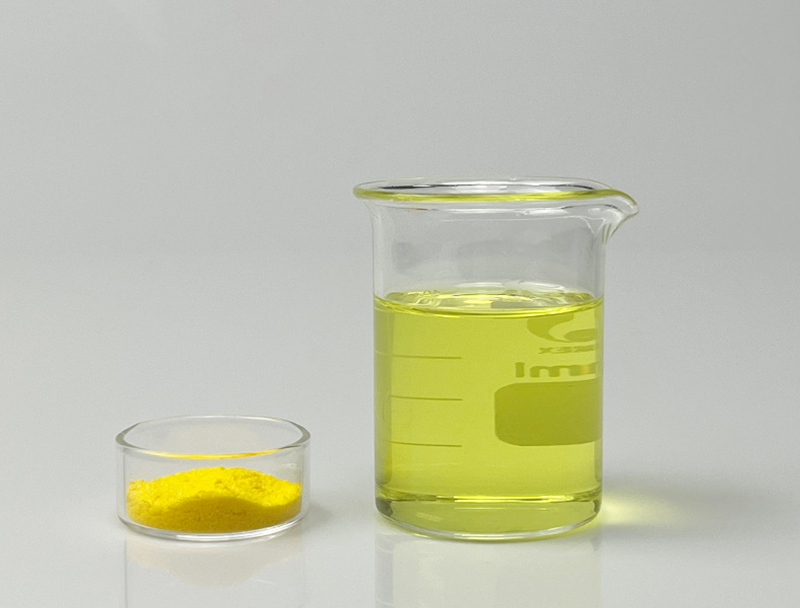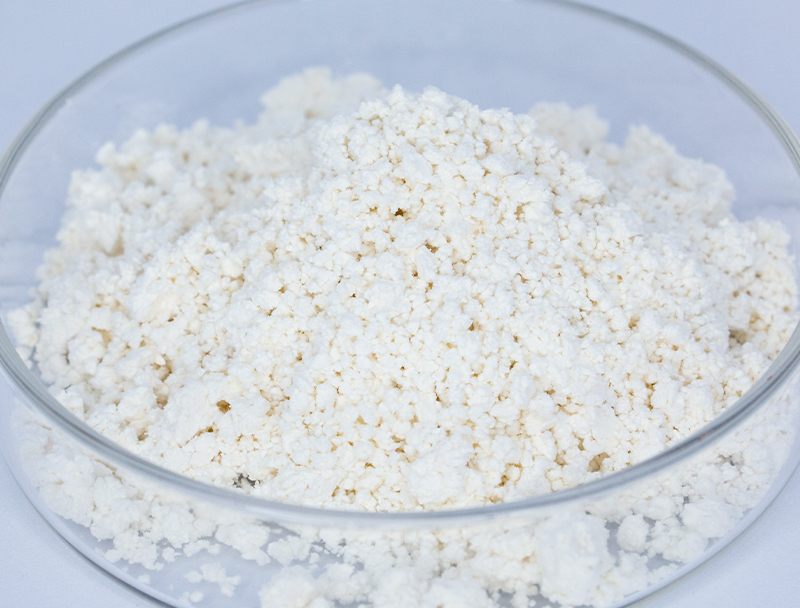
Large-scale bioproduction hinges upon a wide assortment of raw materials for generating cutting-edge biobased goods.
Maintaining durable supply chain sourcing is critical to longevity and principled development in the sector.
various risks tied to conventional feedstock acquisition including environmental degradation and exploitation of natural resources. Therefore, biomanufacturing companies must actively seek out alternative sourcing strategies to minimize their ecological footprint.
- Situations demonstrating ethical sourcing encompass:
- Employing waste-stream inputs from industry leftovers
- Implementing closed-loop systems to minimize waste and maximize resource efficiency
- Aligning with domestic providers that adhere to transparent sourcing
Embracing sustainable procurement produces environmental benefits with profitable potential.
Tuning Feedstock Characteristics for Higher Biofuel Efficiency
Increasing biofuel conversion efficiency is tied to feedstock composition and condition. Research teams persist in studying techniques to boost feedstock performance, resulting in superior production volumes and sustainable energy gains. This involves genetic modifications to increase biomass production, as well as pretreatment techniques that break down complex plant materials into more readily fermentable sugars.
- Additionally, researchers are focusing on identifying new sources of biomass, such as algae, waste products, agricultural residues, to expand the range of sustainable feedstocks available for biofuel production.
- By means of ongoing innovation the biofuel sector can achieve substantial advances soon, shaping a cleaner energy future.

Advances in Biopharmaceutical Manufacturing: Focus on Upstream Operations
involves foundational activities from cultivation to biomass harvest Recent advances in this domain have led to improved production processes, ultimately increasing product yield.
Important innovations consist of upgraded cell platforms, customized nutrient matrices, and smart bioreactor solutions. The improvements increase output while decreasing cost structures and sustainability impacts.
- In addition, momentum toward nonstop processing offers improved flexibility and optimized operational flow.
- Implementing cutting-edge manufacturing technologies will probably redefine workflows and accelerate innovation.

Advances in Gene Editing to Boost Therapeutic Production
improvements in molecular editing platforms like CRISPR have updated therapeutic production processes. Via deliberate gene edits, teams amplify protein expression for higher yields. The strategy paves the way toward accessible, high-yield therapeutics across disease spectra.
Leveraging Microbes to Tackle Environmental Pollution
innovative solutions for sustainable bioremediation, a critical process for addressing environmental pollution. Engineered and natural microbes can attenuate pollutants via metabolic conversion.. Leveraging microbial biotransformation promotes sustainable remediation that curbs industrial environmental impacts.. Laboratories test microbial species for efficacy against metals, pesticide pollutants, and oil-related contamination. Organisms may be utilized in controlled reactors or in place to accelerate contaminant decomposition through biodegradation..
Employing microbial strategies for remediation provides multiple benefits versus traditional techniques. This route is often more affordable and reduces the formation of toxic residues. Additionally, microbial tactics can target contaminants selectively while preserving surrounding ecological systems. Research progresses swiftly to enhance microbial remediation efficiency and practical effectiveness.
Bioinformatics' Impact on Drug Design
Advanced informatics contributes significantly to today’s drug research environment. From identifying potential drug candidates to optimizing their efficacy and safety, bioinformatics enables a more efficient and data-driven approach.
- By interrogating large-scale omics and clinical information, scientists find new targets and predict candidate efficacy.
- Likewise, computational docking and dynamics help design molecules with improved target engagement and potency.
- In summary, bioinformatics overhauls pharmaceutical R&D and quickens the path to safe therapeutics for patients.
Metabolic Design Approaches to Boost Bioproduct Yields
employs a variety of strategies to augment the synthesis of valuable bioproducts within microorganisms. Programs use genetic redesign of metabolic networks, dynamic regulation of expression, and addition of heterologous genes to unlock new capabilities. Through careful adjustment of metabolic routes engineers can markedly elevate product titers.
This wide-ranging tactic can overhaul industries spanning medicine, agriculture, and energy production.

From Lab to Plant: Challenges and Opportunities in Biomanufacturing Scale-Up
Expanding production volumes poses difficult barriers yet offers substantial opportunities. Sustaining uniform quality across expanded production capacity is a principal challenge. Addressing it demands strong process governance, accurate real-time analytics, and advanced measurement systems.

Also challenging is the layered complexity of biomanufacturing encompassing numerous sequential steps.. Adapting protocols for industrial scale requires considerable development work and engineering advances.. However, the potential rewards are substantial. Successful industrialization can broaden availability, trim costs, and raise profitability.
Challenges are being addressed through a number of initiatives. These include the development of new technologies for process optimization, advanced analytics for real-time monitoring and control, and innovative manufacturing strategies.
- Development efforts are also playing a crucial role in advancing biopharmaceutical production capabilities.
- Regulatory bodies are modernizing pathways to accelerate approval of advanced production technologies and support innovation.
Charting Regulatory Pathways for Biologics to Safeguard Patients
Bringing biologics to market involves rigorous regulation designed to protect patients and confirm therapeutic benefit. Biologics sourced from living systems pose distinct regulatory and manufacturing complexities versus small-molecule 4-Aminobutyric acid drugs.
Authorities including the FDA and EMA implement guidelines and thresholds to assess and approve novel biologic products.
Extensive evaluation procedures are essential across development phases, spanning preclinical work to post-market checks.. The measures work to spot potential hazards and validate that therapies reach demanding safety levels..
Concurrently, regulatory organizations fine-tune methods to remain compatible with quick scientific advancements. Policies involve deploying novel tech and expediting development while preserving commitment to patient safety.

Assessing Plant Biomass Pathways for Bioplastic Innovation
The growing need for sustainable materials has led to a surge in research and development of renewable options. Plant-origin feedstocks converted into bioplastics create promising opportunities for eco-friendly materials. Sources like cornstarch, cellulose fibers, and sugarcane biomass can transform into compostable plastics that decompose and reduce pollution.
Moreover, bioplastics can mirror key properties of fossil-derived plastics and fit diverse application needs.. Continuous development will unlock plant biomass value for sustainable bioplastic production and support circular systems.
Biotechnology Driving Advances in Health and Agricultural Stability
Biotechnology offers potent solutions for advancing public health and enhancing food security. Using genome engineering, synthetic biology techniques, and cell-based treatments, innovators devise ways to tackle pathogens, amplify yields, and improve nutrition.. Consider genetically enhanced crops that resist pests and environmental stresses to improve production and reduce pesticide reliance.. Furthermore, biotechnology supports creation of vaccines, therapeutic agents, and advanced diagnostics that strengthen responses to infectious threats and enhance health outcomes.. Going forward, advancements in biotechnology are likely to yield interventions that improve health and advance sustainable food systems globally.
